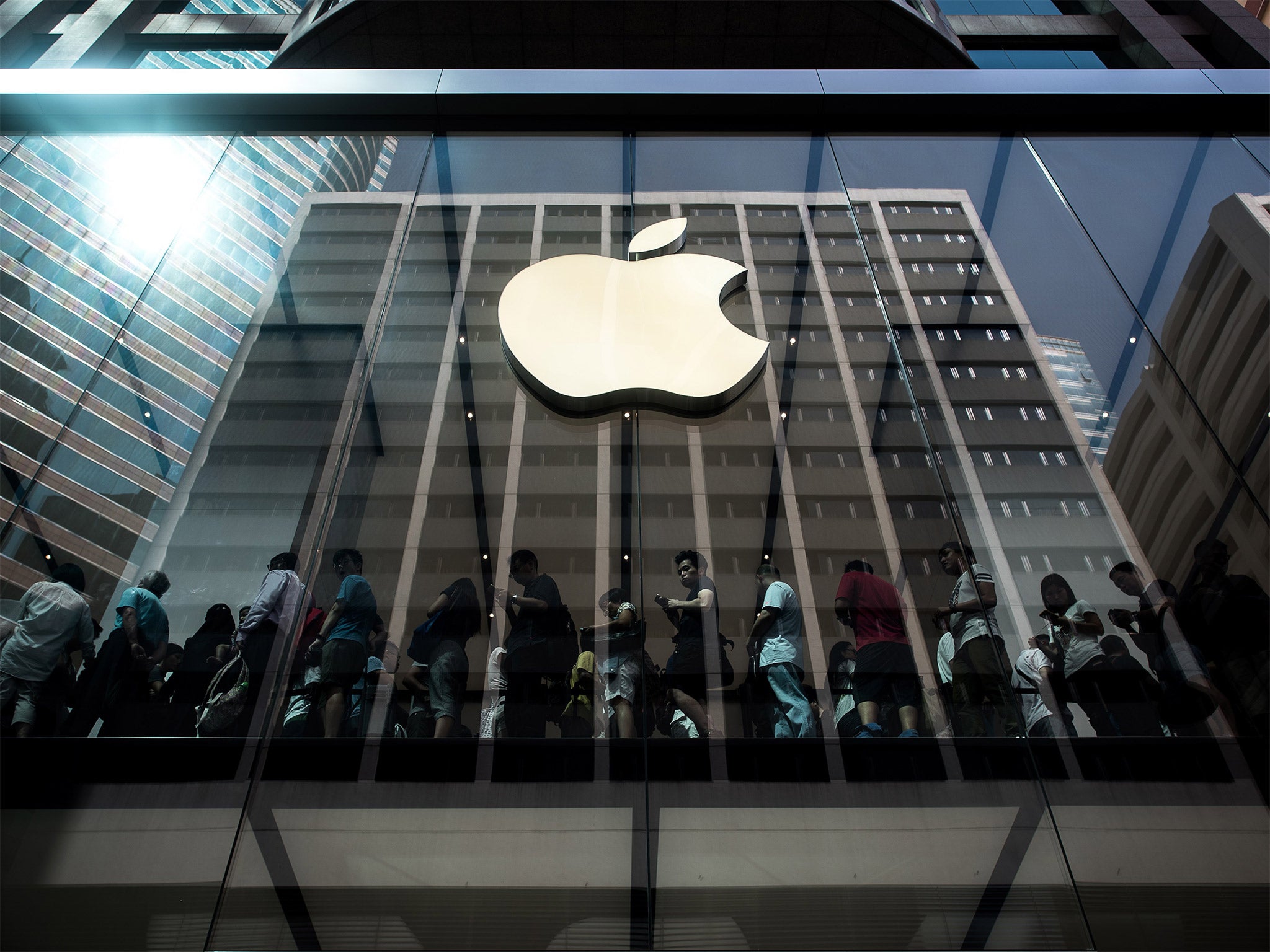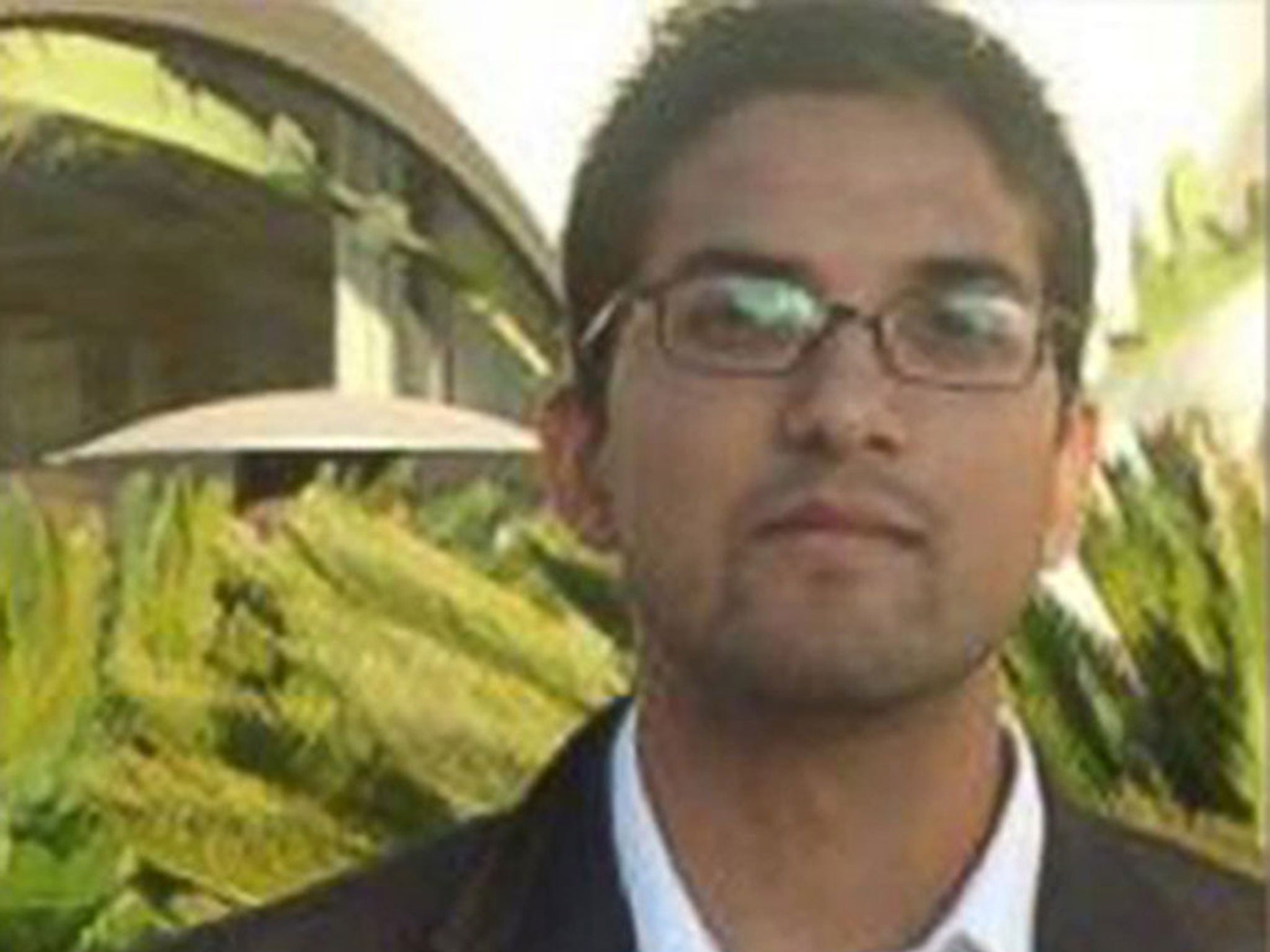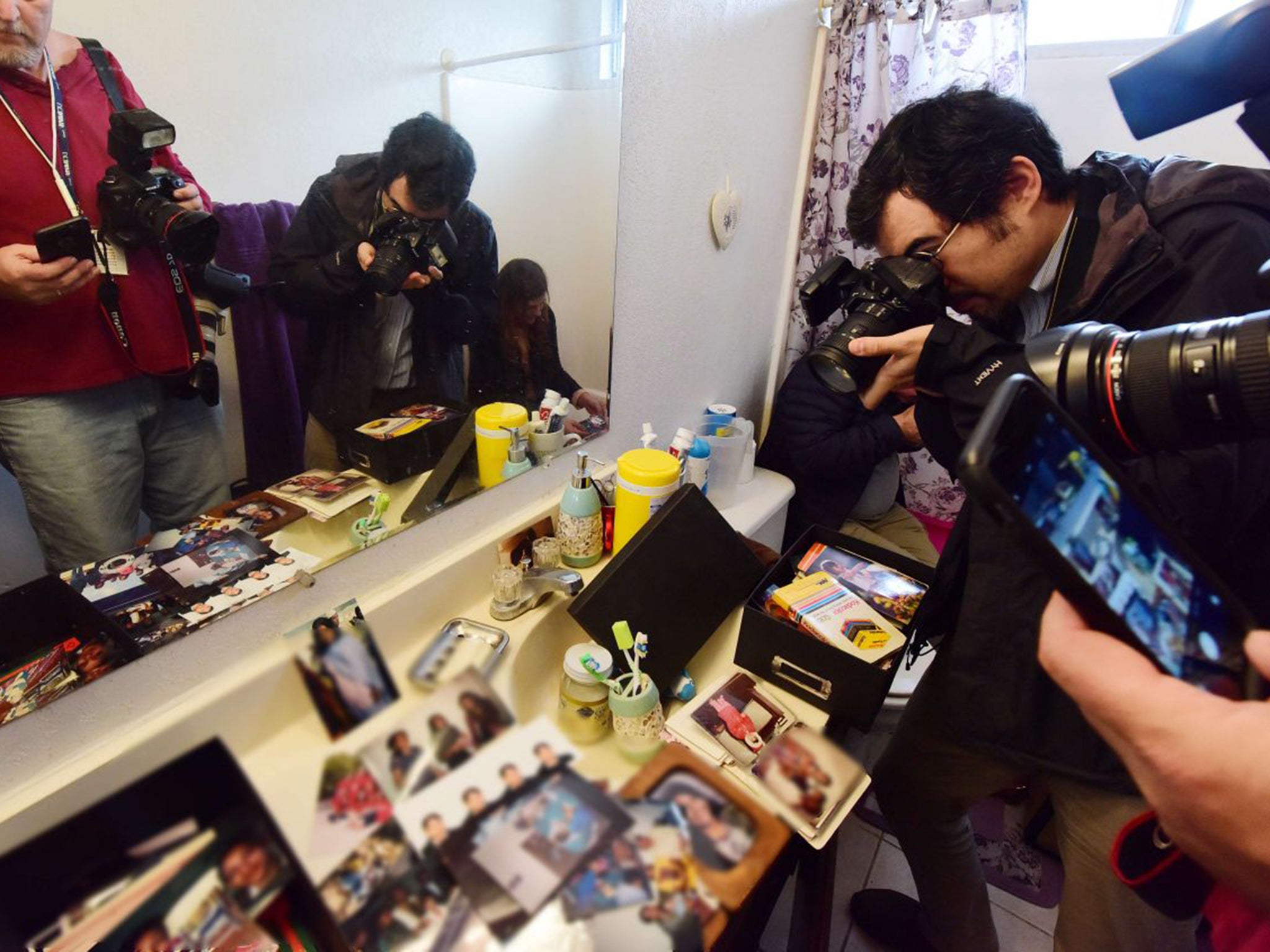FBI may have found a way to unlock San Bernardino attacker's iPhone without Apple's help
Judge postpones hearing over whether tech giant should be forced to cooperate with agency's investigation

Your support helps us to tell the story
From reproductive rights to climate change to Big Tech, The Independent is on the ground when the story is developing. Whether it's investigating the financials of Elon Musk's pro-Trump PAC or producing our latest documentary, 'The A Word', which shines a light on the American women fighting for reproductive rights, we know how important it is to parse out the facts from the messaging.
At such a critical moment in US history, we need reporters on the ground. Your donation allows us to keep sending journalists to speak to both sides of the story.
The Independent is trusted by Americans across the entire political spectrum. And unlike many other quality news outlets, we choose not to lock Americans out of our reporting and analysis with paywalls. We believe quality journalism should be available to everyone, paid for by those who can afford it.
Your support makes all the difference.A judge has postponed a court hearing about the FBI's demand for Apple to unlock the phone of one of the San Bernardino terrorists after the agency said they may have found a way to unlock on their own.
In a filing late Monday, federal prosecutors asked to delay a much-anticipated court hearing set for Tuesday over the FBI's demand for Apple to help unlock Syed Rizwan Farook's encrypted phone.
An "an outside party" came forward over the weekend and showed the FBI a possible method for unlocking the phone, according to the filing.
Authorities need time to determine "whether it is a viable method that will not compromise data" on the phone.
If viable, "it should eliminate the need for the assistance from Apple," according to the filing.
In a statement, U.S. Justice Department spokeswoman Melanie Newman said the government was "cautiously optimistic" that the possible method will work.
Magistrate Judge Sheri Pym could rule on the government's request to delay Tuesday's hearing at any time.
For more than a month, the government and Apple have waged a very public debate over whether breaking into one phone would jeopardize the security of all encrypted devices.

Prosecutors have argued that the phone used by Farook probably contains evidence of the Dec. 2 attack in which the county food inspector and his wife, Tashfeen Malik, slaughtered 14 at a holiday luncheon attended by many of his work colleagues. The two were killed in a police shootout hours later.
The FBI has said the couple was inspired by Isis. Investigators still are trying to piece together what happened and find out if there were collaborators.
The couple destroyed other phones they left behind and the FBI has been unable to circumvent the passcode needed to unlock the iPhone, which is owned by San Bernardino County and was given to Farook for his job.
Last month, Pym ordered Apple to create software that would disable security features on the phone, including one that erases all the information if a passcode is incorrectly entered more than 10 times. That would allow the FBI to electronically run possible combinations to open the phone without losing data.
Apple said the government was seeking "dangerous power" that exceeds the authority of the All Writs Act of 1789 it cited and violates the company's constitutional rights, harms the Apple brand and threatens the trust of its customers to protect their privacy. The 18th-century law has been used on other cases to require third parties to help law enforcement in investigations.
The company said the order is unreasonably burdensome. Once created, it would be asked to repeatedly design such software for use by authorities at home and abroad, and the technology could fall into the hands of hackers.

The government has countered that Apple could create the software for one phone, retain it during the process to protect itself, then destroy it. Apple has said that creating software is a form of speech and being forced to do so violates its First Amendment rights.
Apple says it was being asked to create a method to access the phone's data that does not exist.
Three weeks ago, the judge sided with Apple, saying prosecutors were stretching an old law "to produce impermissibly absurd results."
The government is appealing that order.
AP
Join our commenting forum
Join thought-provoking conversations, follow other Independent readers and see their replies
Comments